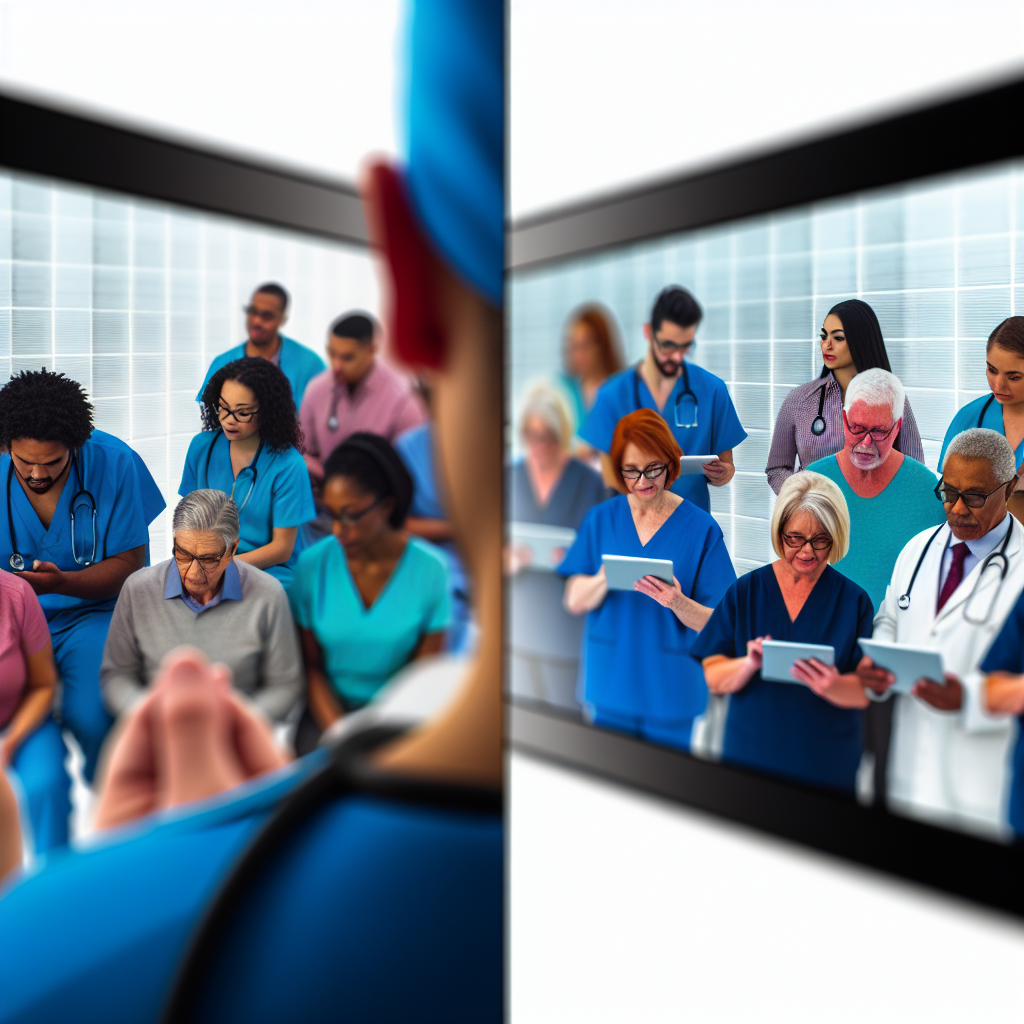Healthcare eLearning is revolutionizing the way medical professionals acquire knowledge and skills. Through interactive online courses and modules, healthcare workers can stay current with the latest advancements, improve patient care, and enhance their overall competencies. This article will delve into the benefits of healthcare eLearning, its various formats, and how it shapes the future of medical education.
Benefits of Healthcare eLearning
The advantages of healthcare eLearning are manifold, making it a valuable resource for professionals in the field. Primarily, it offers flexibility; learners can access materials at their own pace and convenience. This is particularly crucial in healthcare, where practitioners often have demanding schedules.
Another significant benefit is cost-effectiveness. Traditional education frequently incurs substantial overhead costs, including transportation, accommodation, and course materials. In contrast, online platforms typically minimize these expenses, allowing institutions to allocate resources more effectively. Moreover, eLearning can facilitate innovative training methods such as simulations and virtual reality, which provide immersive experiences that are difficult to replicate in a conventional classroom setting.
Additionally, healthcare eLearning can ensure that learners keep up with ever-evolving guidelines and best practices. Online platforms can be updated quickly, delivering timely information that is essential in fast-paced environments. For instance, during the COVID-19 pandemic, eLearning became crucial in disseminating the latest protocols and safety measures to protect both healthcare workers and patients.
Formats and Future of Healthcare eLearning
Healthcare eLearning encompasses various formats, each catering to different learning styles and preferences. Asynchronous courses allow learners to complete modules on their schedules, while synchronous sessions offer real-time interaction with instructors and peers. This versatility is particularly beneficial for diverse healthcare teams that may have varying time commitments.
Mobile learning is another critical format in healthcare eLearning. With many professionals on the go, mobile-friendly courses and applications provide valuable resources at their fingertips, making continuing education more accessible than ever.
The future of healthcare eLearning is promising as technology continues to advance. Integration with artificial intelligence can personalize learning experiences, optimizing content based on individual progress and comprehension levels. Additionally, the use of big data can inform educational content, ensuring it is relevant and aligned with the needs of the healthcare landscape.
In conclusion, healthcare eLearning offers a flexible, cost-effective approach to professional development that keeps pace with advances in the medical field. By leveraging various formats and future technologies, healthcare organizations can foster a culture of continuous learning, ultimately leading to improved patient care and enhanced professional skills. Embracing eLearning will be essential for those seeking to thrive in the rapidly evolving world of healthcare.
